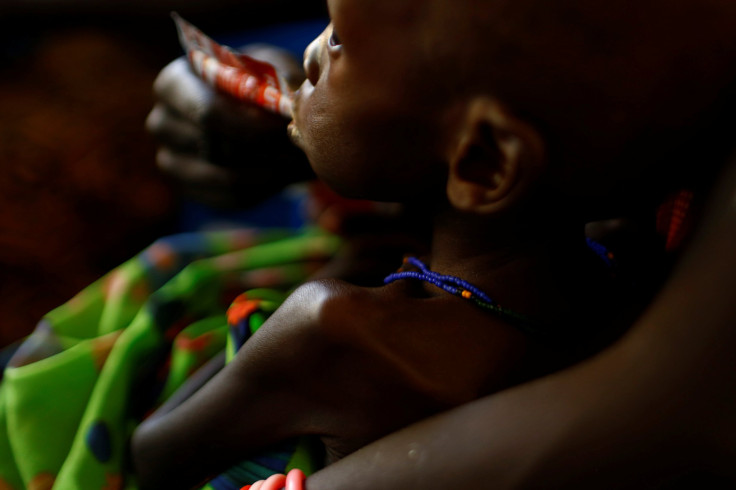Worst Places To Live: South Sudan, Haiti, Ukraine Lead World in Suffering, Report Says

South Sudan, Haiti and Ukraine were the countries with the highest "suffering" rates in the world in 2016, according to Gallup’s analysis of its own data which was also used by the United Nations to release its annual World Happiness Report on March 20 on the occasion of the annual International Day of Happiness.
“More than four in 10 people rate their current and future lives poorly enough to be categorized as suffering — in South Sudan (47 percent), Haiti (43 percent) and Ukraine (41 percent),” reads a portion of the Gallup report. The highest suffering rates worldwide were found in South Sudan, where it increased from 33 percent in 2014 to 47 percent in 2016.
Read: 652 Syrian Killed in 2016, Here Is What You Can Do To Help
The ranking are based on answers to a simple life evaluation question developed decades ago by a social scientist and posed to people around the world between 2014 and 2016 by Gallup. Simply put, the evaluation question, also called the Cantril ladder, is defined as the following (according to the frequently asked questions page of the United Nations World Happiness Report):
It asks respondents to think of a ladder, with the best possible life for them being a 10, and the worst possible life being a 0. They are then asked to rate their own current lives on that 0 to 10 scale. People who rate their current and future lives at 4 or lower are considered "suffering" and if they rate their current lives a 7 or higher and their lives in five years an 8 or higher on a ladder scale, then they are considered “thriving.”
The three countries – South Sudan, Haiti and Ukraine – also score very poorly on the U.N. world happiness rankings. Ukraine was no. 132, Haiti came in at no. 145 and South Sudan was no. 147.
Ongoing conflict in eastern Ukraine, between Ukrainian and Russian-backed separatist forces, is a major reason for about 57 percent of Ukrainians to believe their personal standard of living is getting worse, according to Gallup.
“Nearly half of Ukrainians (46 percent) say there were times in the past year when they did not have enough money for food for themselves or their families -- the highest figure Gallup has ever recorded for Ukraine and one of the highest in all Europe,” says the report.
South Sudan has been plagued with high crime rates, food shortages and famines, most of which has been a by-product of the violence seen in the aftermath of the civil war which broke out shortly after the country gained independence in 2011.
Haiti, one of the poorest countries of the world, has not been able to bounce back and recover from the devastating Hurricane Matthew in 2016 and the earthquake of 2010 that killed between 220,000 and 316,000 people, based on varying estimates of death tolls, according to CNN. Food insecurity, cholera epidemics, poverty and homelessness, etc. are associated reasons.
“These nations' low life evaluations will only improve with an end to conflicts, an increase in economic growth, and good governance that is focused on upgrading and enriching the lives of every resident,” the report concluded.
© Copyright IBTimes 2024. All rights reserved.












